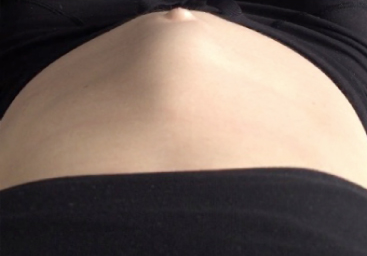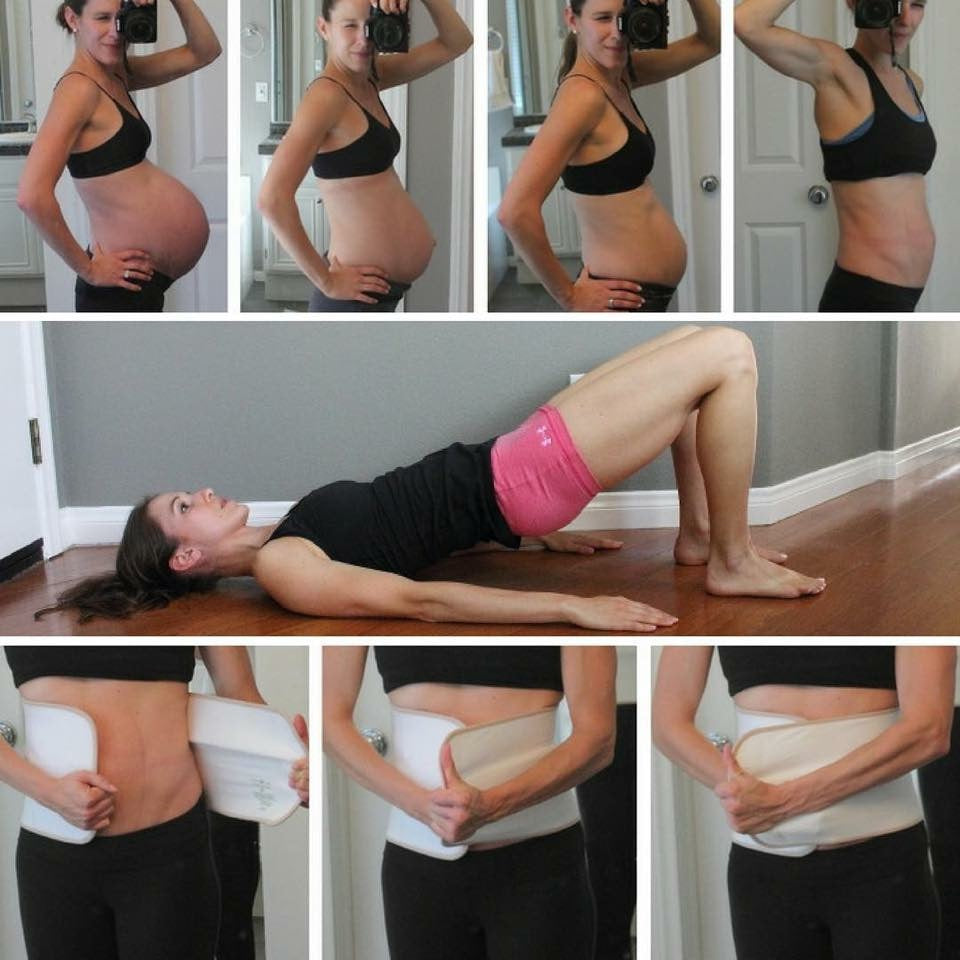They do not consist of any type of magic ingredients that will help your athletic performance, but are beneficial and convenient when on-the-go and might assist you fit a treat right into an active timetable. Carbohydrate loading is a method made use of to raise the amount of glycogen in muscles.
Should I eat before or after gym?
While foods with little nutritional value fail to invest in an athlete's well-being and ability to withstand the demands of rigorous training, occasional “junk food” does not ruin health when eaten in moderation. You can indeed have an excellent diet without having a perfect diet.
Almonds serve as an excellent resource of protein and also energy, along with work as an anti-inflammatory. You could not always really feel particularly ferocious after working out, yet Amy urges you not to miss your post-workout dish. " I discover caffeine can dehydrate my body, so I stick to water in order to rehydrate after workout.
What food should athletes avoid?
“In general, you'll want to eat a meal high in carbs and protein and low in fat roughly three to four hours before you exercise,” Cohen says, whether you're trying to shed pounds or build muscle. Carbohydrates supply your body with the glycogen it needs for your yoga session, gym visit, or jog.
This might trigger you to decrease or perhaps stop the competition. The snack you ought to pick before a competition relies on the length of time you will certainly be working out. For competitions that last longer than 1 hour, pick carbohydrates that your body absorbs gradually. Some instances are yogurt, bananas, oatmeal with milk, apples, and also power bars.
Livestrong, casein healthy protein can use up to seven hrs to absorb. This slow-moving digestion process will certainly keep you really feeling fuller much longer, so you'll be much less lured to treat on processed food later on in the day.
What should I eat for fitness?
Anna Nemeckay, Director of Personal Fitness coaching at Silver Mountain Sport Clubs, explains an athlete would never eat beans, sugary sports drinks, beer, flavored yogurt and diet soda. Each of these foods cause more harm to the body than good.
Pushing on your own is what brings about raised muscle mass as well as faster run times, so you want to do it as much as you can. Consuming prior to a workout can in fact enhance your metabolic rate in the lengthy run when it's all stated as well as done.

- Nutrients include carbohydrates, healthy protein, fat, vitamins, and also minerals.
- Healthy snacks can give these extra calories as well as nutrients you need.
- Calories fuel your body for workout and also replace power that is used up during sports efficiency.
- Athletes as well as energetic people need even more calories and also nutrients than individuals who do not exercise consistently.
They are necessary throughout exercise due to the fact that they have an effect on the quantity of water in your body and on just how your muscles function. Athletes must consume a balanced diet with a range of foods to see to it they get sufficient vitamins and minerals. It is great to take a regular multivitamin, but supplements with high doses of minerals and vitamins do not enhance performance and might in fact be hazardous. Talk with your health care carrier or dietitian if you require to add even more particular supplements, like iron, calcium/vitamin D, or B vitamins into your diet.
Eating the Right Foods for Workout
Many people rely on the basic carbohydrates found in sugary foods and refined foods. Instead, you need to focus on consuming the complicated carbohydrates discovered in whole grains, beans, fruits, and also vegetables. Bananas are a low-calorie, outstanding source of natural electrolytes, which require to be replaced after an exercise or sporting occasion.
Fuel up before workout
Lots of people assume that eating fat after an exercise decreases digestion as well as prevents the absorption of nutrients. It's advised that you consume 0.14-- 0.23 grams of healthy protein per extra pound of body weight (0.3-- 0.5 grams/kg) very soon after an exercise. This area talks about how each macronutrient-- protein, carbohydrates and fat-- is associated with your body's post-workout recuperation procedure. It may likewise acquire energy by damaging down muscle mass proteins in enhancement to those fats if your body has actually shed through its glycogen gas shops.
